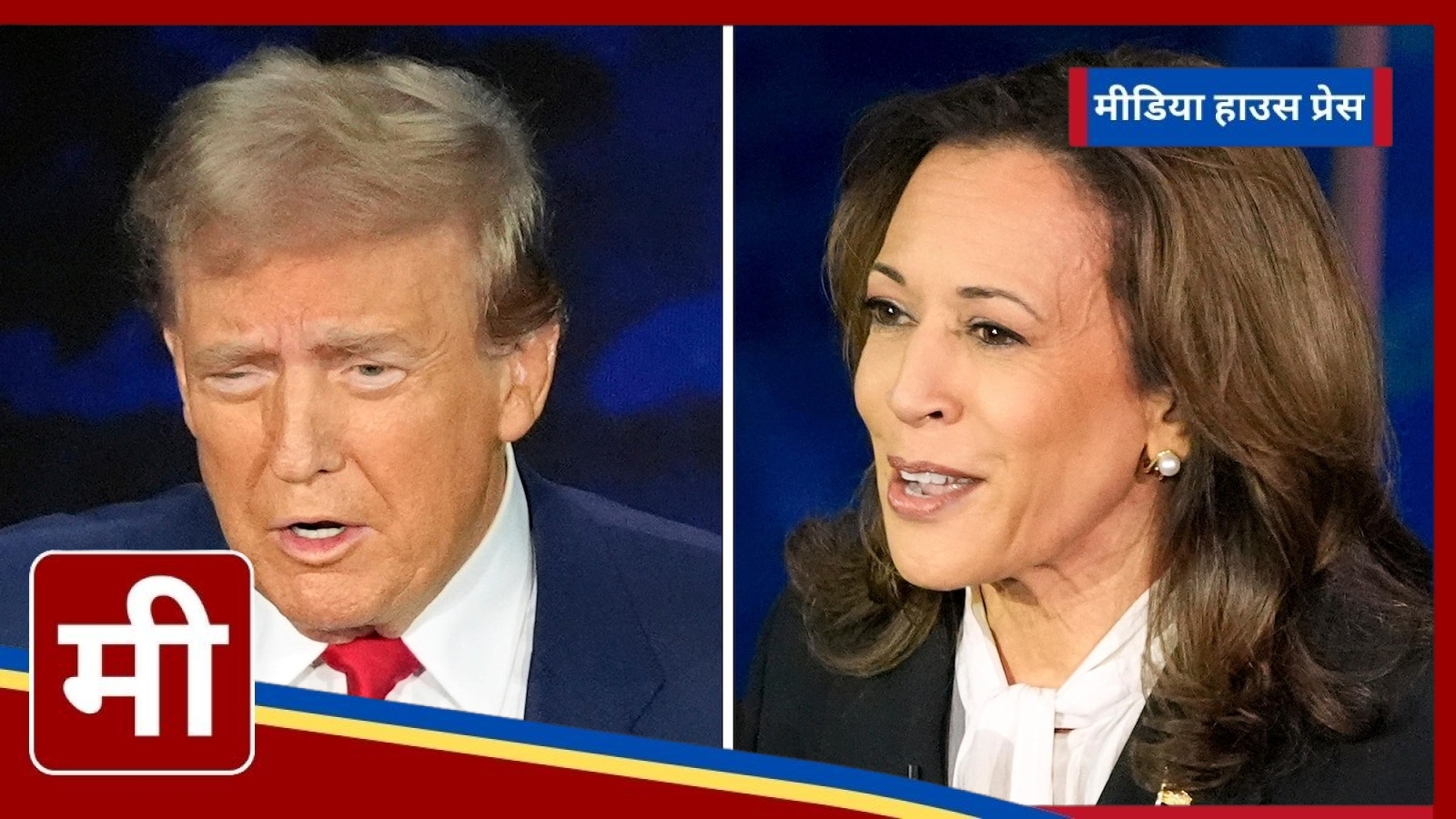Harris’s advisors, including seasoned economic policy expert Gene Sperling, are reportedly working to communicate how Trump’s approach—characterized by tariff increases, regulatory rollbacks, and aggressive corporate tax cuts—could foster uncertainty in the economic landscape. They contend that Harris’s policies, focused on democratic principles and fair economic practices, offer a secure path to sustained growth. “A president who targets CEOs, companies, and journalists erodes the confidence investors rely on,” Sperling shared, emphasizing that such actions threaten long-held economic strengths.
In contrast, Trump’s supporters argue that his policies drive stability and economic progress. Billionaire investor John Paulson, a key Trump advocate and potential Treasury Secretary nominee, defends Trump’s strategy, claiming, “Trump’s focus on cutting waste and boosting growth made the U.S. economy stronger.” Paulson’s remarks align with Trump’s economic pitch, promising lower costs, higher growth, and a revitalization of U.S. manufacturing through aggressive tariffs and corporate tax cuts.
At the core of this debate is each campaign’s divergent vision for America’s economic future. Harris’s team insists that democratic values, including respect for institutional norms, provide a solid foundation for economic certainty and job creation. This argument gained additional credibility in October when the Nobel Prize in Economics was awarded to economists Daron Acemoglu, Simon Johnson, and James Robinson for their work on the importance of social institutions and the rule of law for economic growth.
Despite Trump’s claims that Harris’s proposed tax hikes would hamper investment, her team emphasizes that Biden-era incentives for manufacturing—such as investments in EV and tech sectors—will yield substantial economic benefits. To that end, the Harris campaign is also backed by prominent business figures, including Microsoft founder Bill Gates and entrepreneur Mark Cuban.
As Harris’s team courts corporate leaders, their stance aligns with notable voices in economics, including Acemoglu, who, along with 22 other Nobel laureates, has expressed concern that Trump’s policies could lead to “higher prices, deficits, and inequality.” They maintain that a steady rule of law and economic predictability are essential for prosperity—values that could be at risk if democratic norms are compromised.
The candidates’ opposing approaches underscore the significance of the upcoming election, not only for American democracy but also for its economy. While Trump proposes more cuts for corporate tax rates, Harris advocates for increasing them to 28%, slightly below the 35% rate in place before 2017. Business Roundtable CEO Joshua Bolten reiterated the organization’s commitment to supporting a peaceful transition of power and respecting established electoral processes, a stance that resonates with many in the business community who seek stability above all.
For American businesses, this election carries potential implications for everything from tax rates to democratic principles, making corporate America a vital audience in this high-stakes race.

